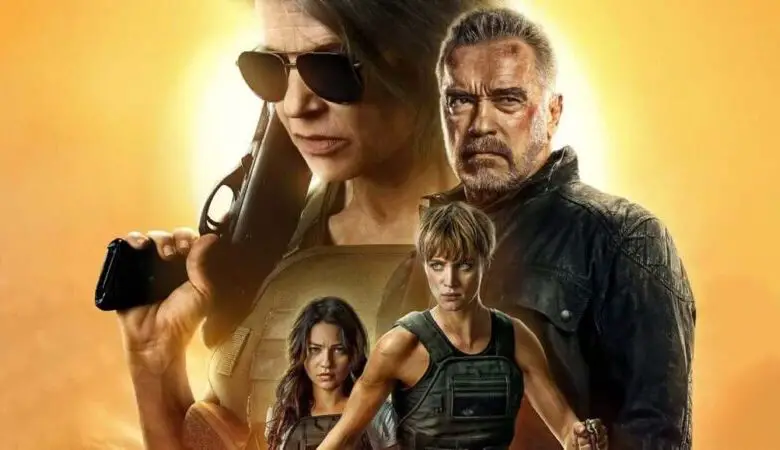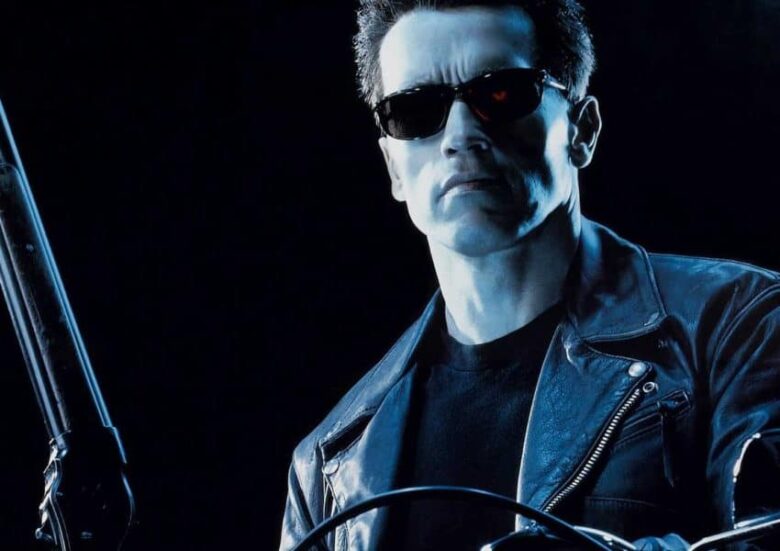Is The “Terminator” Series Finally Finished?

“Terminator 2” is broadly seen as one of the greatest movies ever made. Bucking the trend of sequels being inferior to the original film that spawned them, it was arguably the science fiction hit of the 1990s and would have to be considered close to topping the ‘best action film’ list too. It was also, according to most cinema-goers, the last great “Terminator” film. When you consider the fact that it was released in 1991 and there have been multiple “Terminator” movies since then, that’s a strange statement to make. Bad sequel after bad sequel ought to doom a movie franchise, but somehow the “Terminator” films have always found a way to say, “I’ll be back.” After the disastrous failure of “Terminator: Dark Fate” in 2019, though, and with no new sequel on the horizon, has that run finally come to an end?
“Dark Fate” is an anomaly in the context of the whole franchise. In the past, “Terminator” sequels after the second one have been poorly reviewed but made money at the box office regardless. This time around, the reviews were broadly positive, but the public opted not to go and see the new film. By the time its run at movie theaters had come to an end, it was thought to have come in around one hundred million dollars short of meeting its production costs. That’s halted James Cameron’s grand vision of a brand new trilogy and films, and possibly poured cold water on the “Terminator” concept having a big-screen future of any kind. Now is the right time to ask what went wrong and whether anything can be done to revive the brand.
One of the facts that the people responsible for the more recent “Terminator” films will have to come to terms with is that there have been too many sequels, and too many of them were forgettable. “Terminator: Salvation” was a poor film. “Terminator: Genisys” came off almost like a parody. When it came out in 2015, it was accompanied by an official “Terminator: Genisys” online slots game. You’ll probably still find that game available at many online slots websites such as Rose Slots, where it attracts more people on a daily basis than the film does at Netflix. That alone is a problem. If your online slots game is performing better over the long term than your film, there’s probably something wrong with the film.
Another problem is the total mess that’s been made of the continuity of the first two films. After “Terminator 2,” almost every film that followed attempted to revise the history that was established within those movies. “Terminator: Genisys” took a sledgehammer to what was left of the established narrative and then trampled it. Arnold Schwarzenegger’s T100, inexplicably aged and nauseatingly nicknamed “Pops,” interfered with its own past so many times it was impossible to pick out anything by the end of it. It was a glorious spectacle, but it made next to no sense from a continuity point of view. To make matters worse, “Dark Fate” then ignored the existence of “Genisys” almost entirely and instead acted as a direct sequel to “Terminator 2.” Destroying the plot of both of the first two “Terminator” films in “Genisys” and then re-emphasizing the importance of that same ruined plot in “Dark Fate” was asking a lot of the fans, and it appears that they simply gave up on the mind-bending exercises that were being asked of them.
Questions should also be asked of the reluctance of the franchise to let go of Arnold Schwarzenegger. There’s no disputing that he was a huge box office draw in the 1980s and 1990s, but that was thirty years ago. Since then, he’s gone into politics, come back out of politics, and aged like any human being does. A terminator is a cyborg impervious to pain, age, or any of the other ailments that afflict humanity. Arnold Schwarzenegger is not. The very idea of a war machine that ages like a human is nonsensical, and his diminishing box office returns are enough to confirm that anchoring a movie series around him isn’t a viable idea. He works fine when he’s used sensibly, as has been the case with the “Expendables” movies. As the lynchpin of an aging franchise, he makes much less sense.
The slavish devotion to picking up the threads of the 1991 “Terminator” film may itself have been a problem. “Terminator 2” is almost a standalone product. It isn’t necessary to have seen the first “Terminator” film to understand what happens in the second, and the film is treasured as an iconic movie, but that doesn’t change the fact that it happened almost three full decades ago. Even during a time when sequels are all the rage, bringing back not just Schwarzenegger but Linda Hamilton to pick up where they left off all that time ago was a move that would appeal only to those who have fond memories of 1991. Producers in Hollywood might not have noticed this, but anyone who was old enough to watch “Judgement Day” in cinemas back then is now either approaching or in their fifties. They don’t go to the movies as often, and the younger generations have less reason to care about the old stars.

Film franchises have come back from worse than this before. Even though they didn’t succeed in pleasing their entire intended audience (because nothing would), the most recent three “Star Wars” films went some way to restoring the reputation of the series after the wreckage of the three unpopular prequels that began in 1999. For the main part, they did that by shedding themselves of as much of the mess left by the prequels as possible and telling a new – if familiar – story. The “Terminator” movie franchise might have been killed off for now, but we’ve seen some suggestions that it may possibly be revived as a TV series in the not-too-distant future. That might not be a bad idea. A TV series would be made on a smaller budget. A TV series wouldn’t drag in the same old stars as the films. A new story set in the same world might restore the reputation of this broken franchise just enough for someone – probably someone several years from now – to have another crack at making a “Terminator” film.
